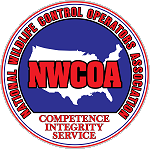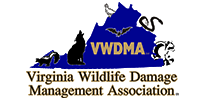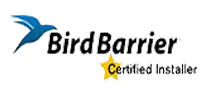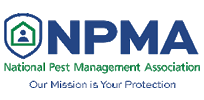Your Wildlife Professionals, Inc. provide removal and control of coyotes on residential and commercial properties in Virginia. It is not always important to know everything about coyotes, but often clients need to know other information about coyotes in Virginia. Below is some additional information about coyote, such as coyote habitat, where do coyote live, home range of a coyote, coyote food, coyote habits, average life span of a coyote, and coyote health concerns that you may want to know. If you live in Alexandria, Arlington, Bedford, Blacksburg, Bristol, Charlottesville, Covington, Chesapeake, Danville, Fairfax, Fredericksburg, Hampton, Harrisonburg, Lexington, Lynchburg, Loudon, Manassas, Martinsville, Newport News, Norfolk, Richmond, Roanoke, Smith Mountain Lake, Staunton, Virginia Beach, Waynesboro, Williamsburg, Winchester, Wytheville, or Yorktown Virginia and would like to know more about coyote, please give us a call.
Habitat:
Prefer brushy country, timber edges, and pasture lands.
Home:
They will sleep on the ground most of the year under dense cover.
Den Home:
Several entrances at times, 10”-20” in diameter, up to 30’ in length, 4’ underground with a chamber lined with grass and hair for the young. Usually a enlarged woodchuck, skunk, or a fox den . They may also use hollow trees or logs, rock cavities, or under a building.
Home Range:
3-4 Miles with young. 25 - 30 throughout the year.
Food:
Coyotes eat rabbits and mice primarily. Other sources of food are birds, poultry, livestock, and pets.
Habits:
Coyotes are mostly nocturnal. While raising the young the male will hunt during the day to feed the female while she is nursing.
Average Life Span:
10 Years in wild. 18 Years in captivity.
Health Concerns
Health concerns related to coyotes include: mites, ticks, lice, fleas, fly larvae, roundworms, tapeworms, and flukes. The common diseases are tularemia, distemper and rabies. Mange, caused by a mite, is a frequent problem with coyotes.
See the Virginia Department of Health web site for information on rabies, roundworm, mange, and distemper.
CLICK HERE to find Your Wildlife Professional in Virginia.









